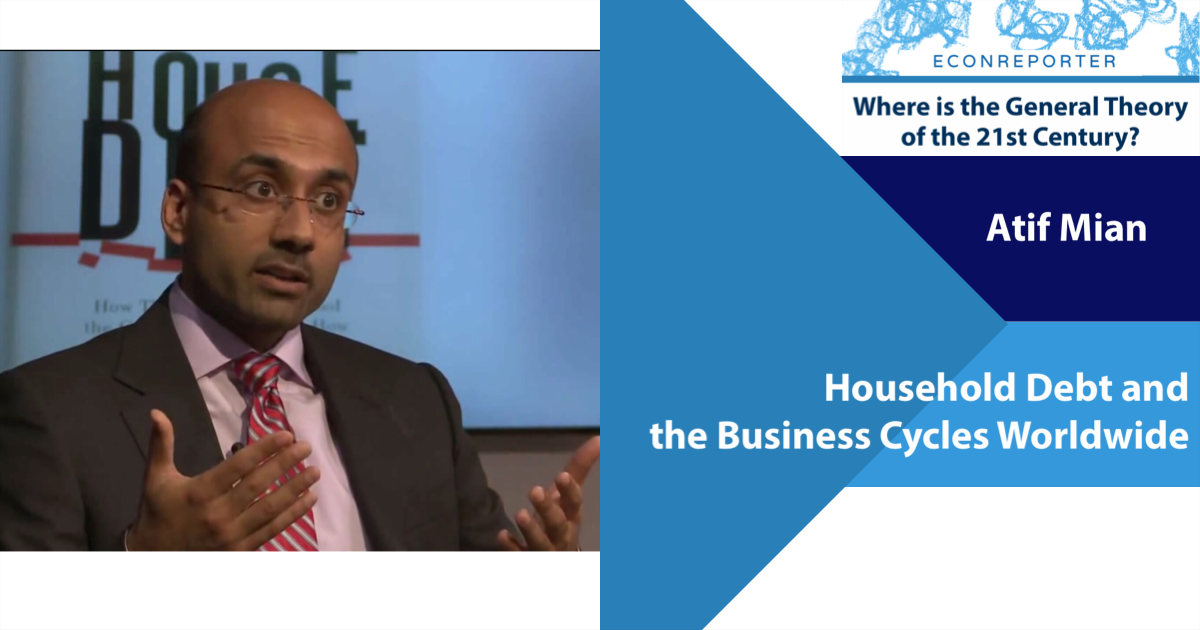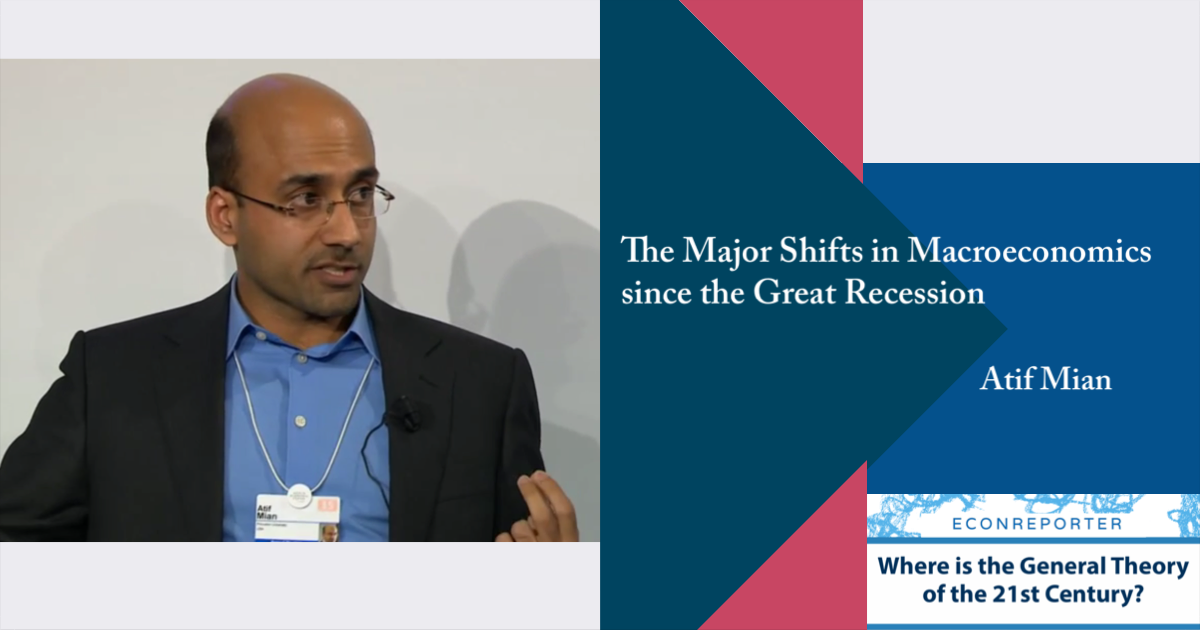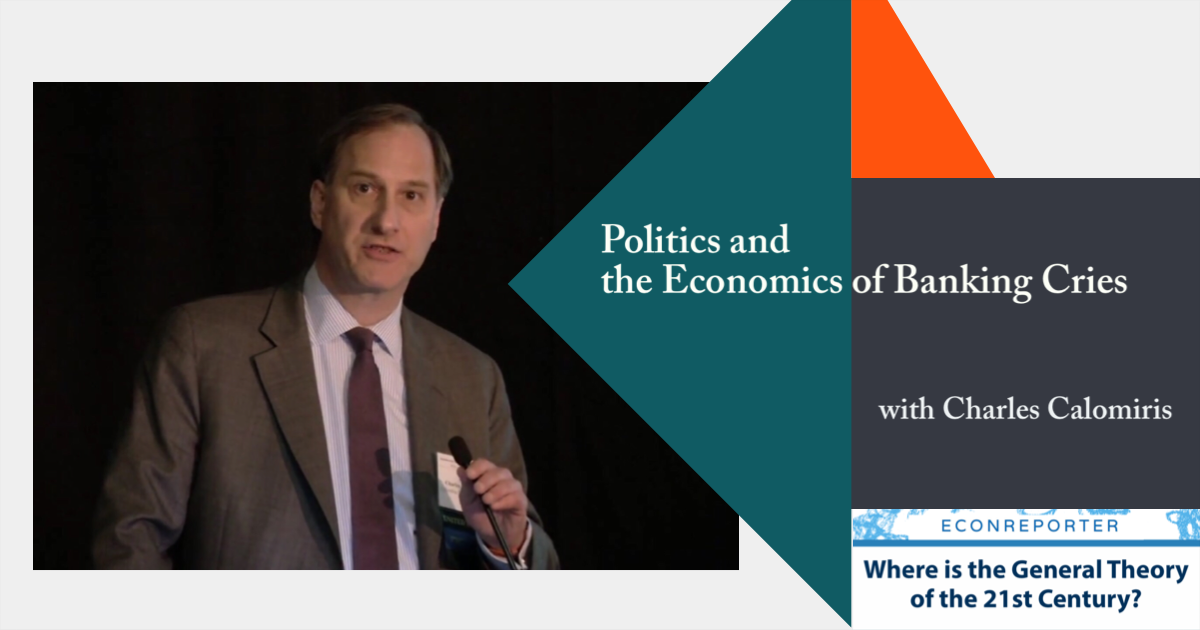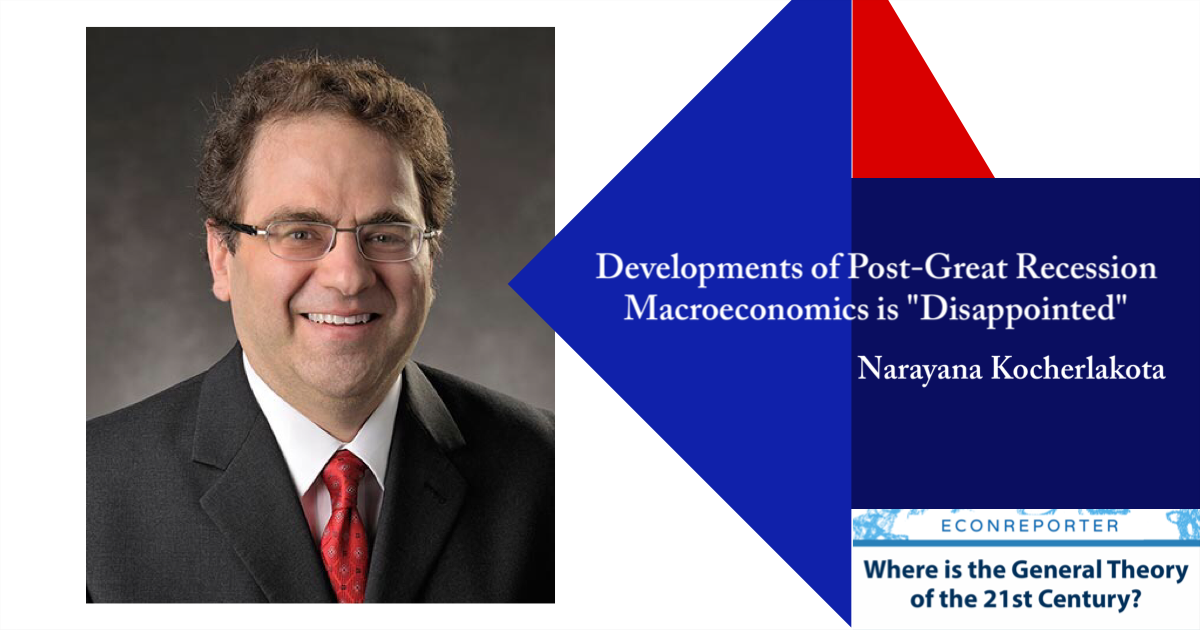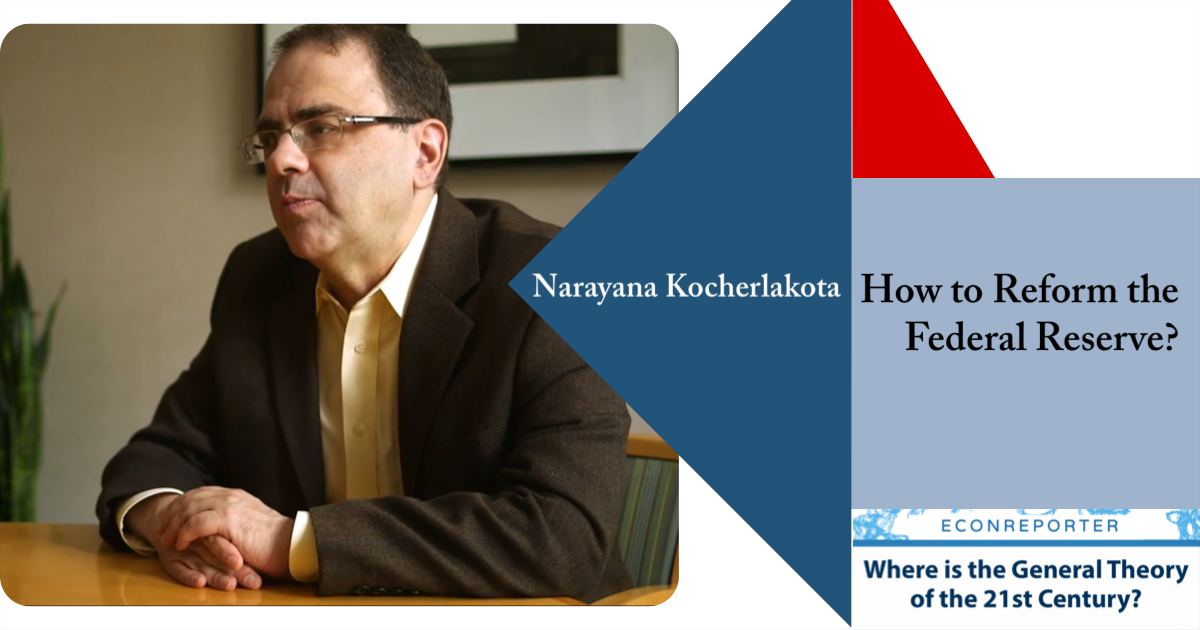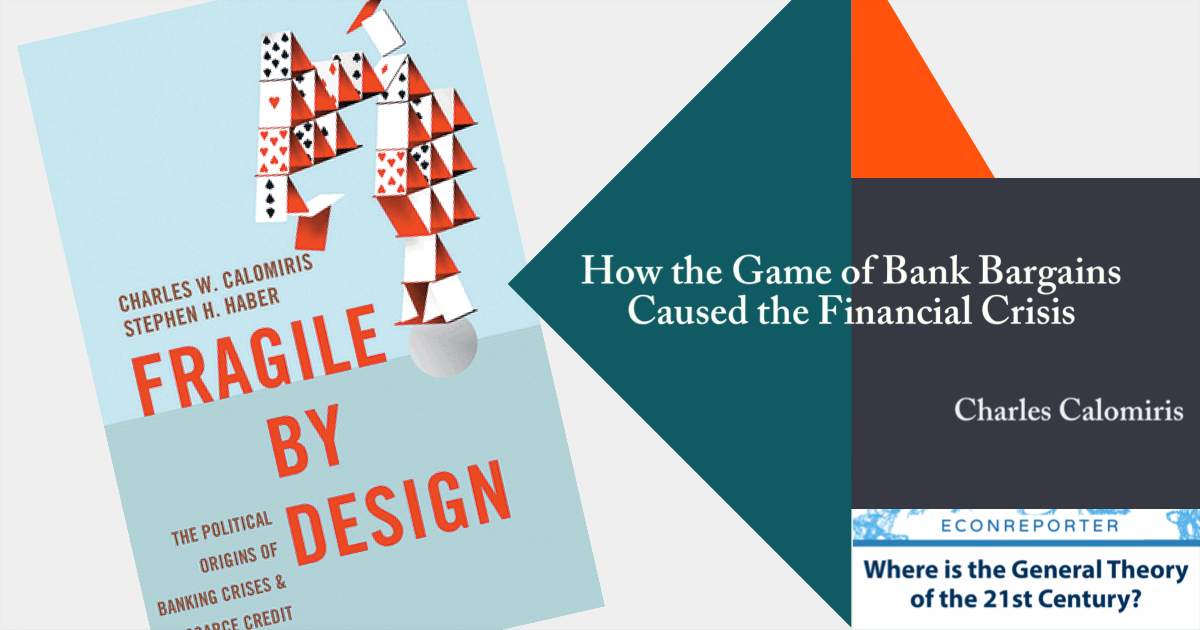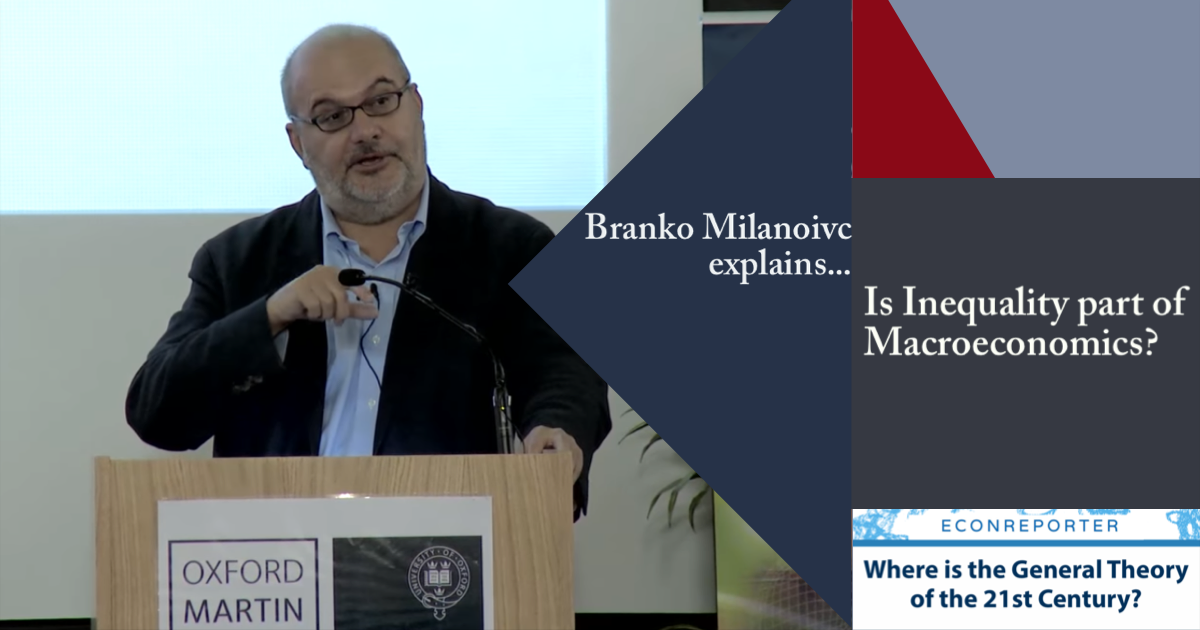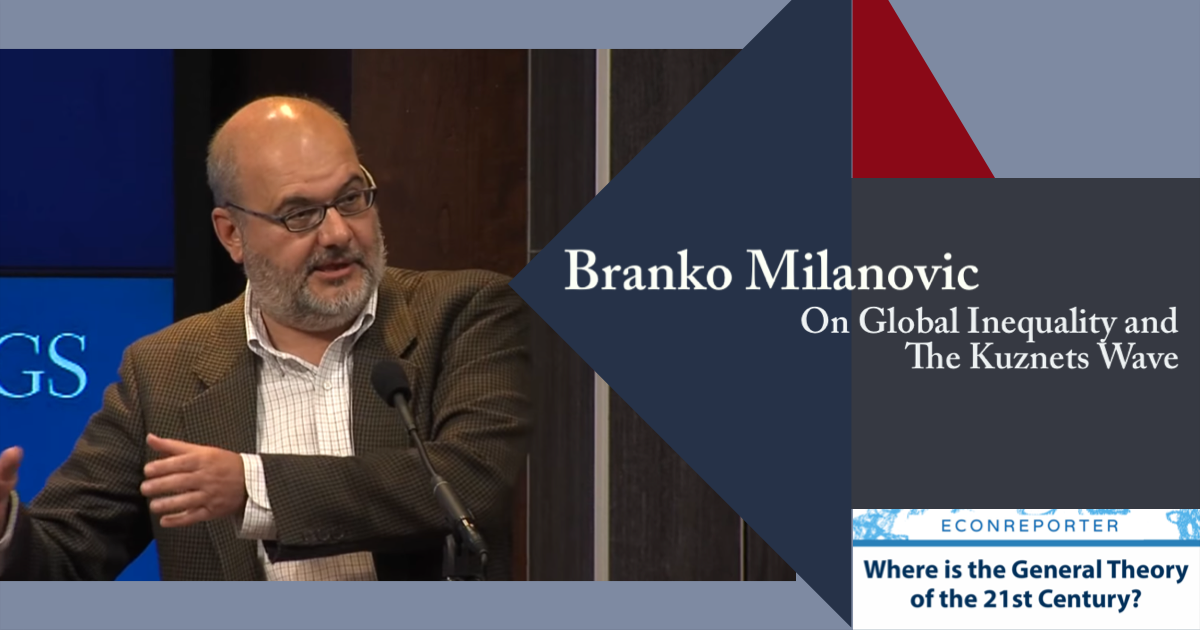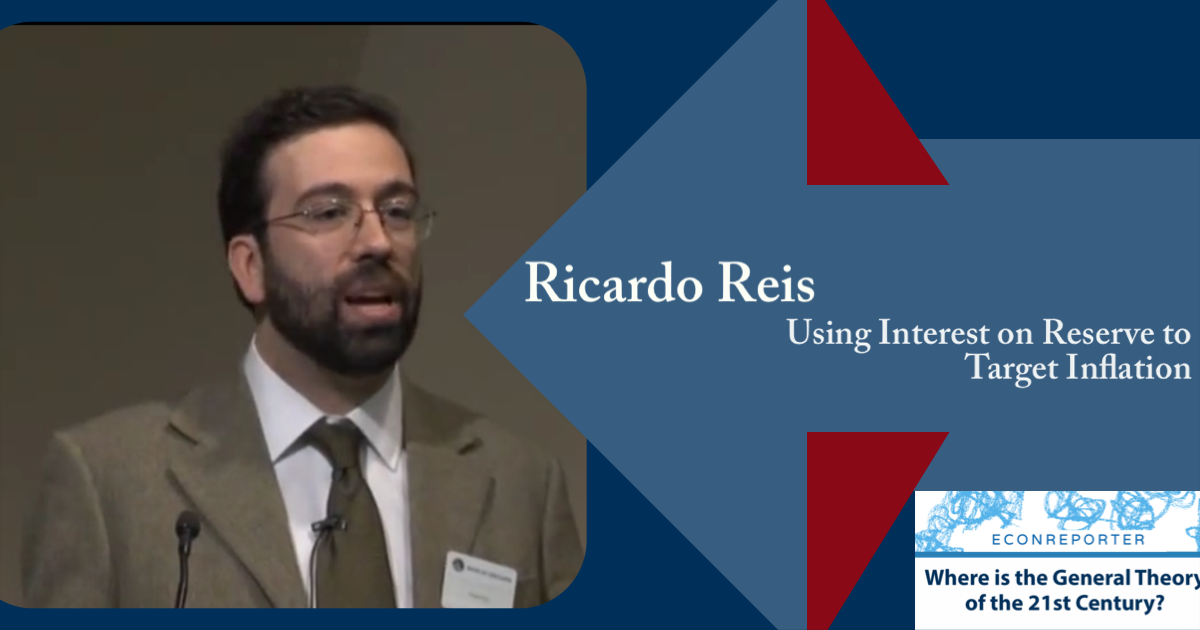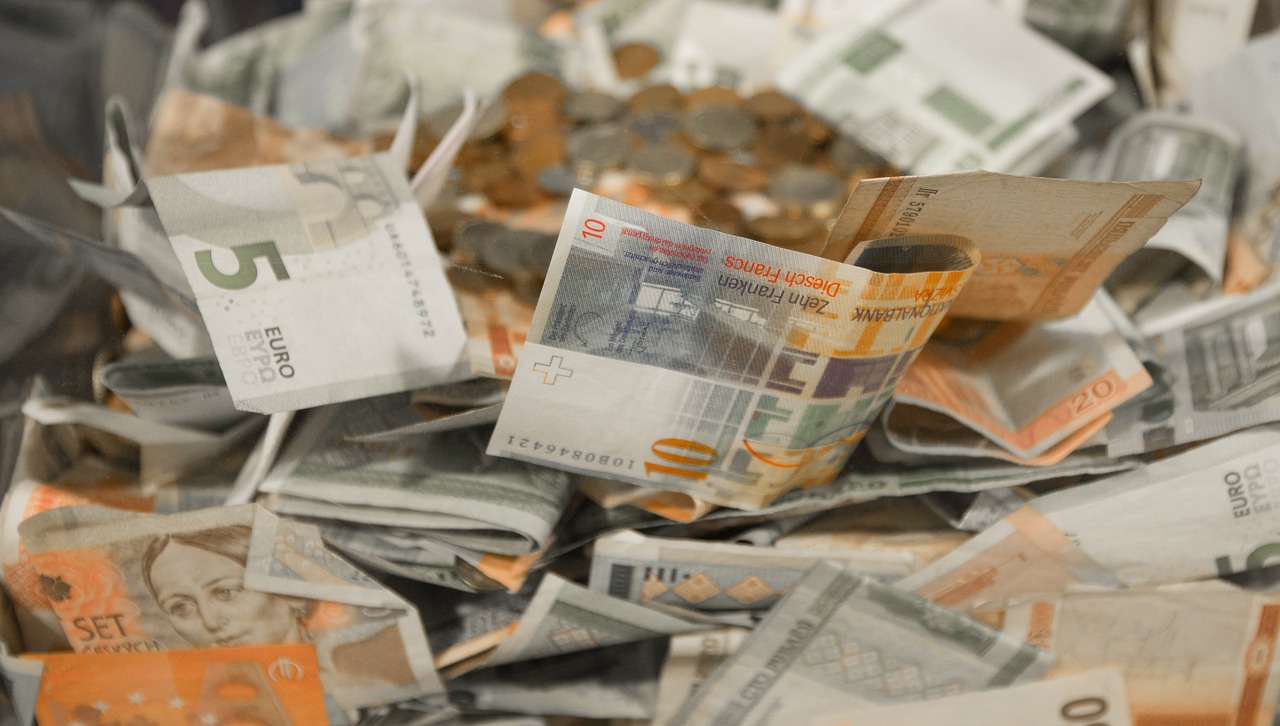How Household Debt affect the Global Business Cycles | Q&A with Atif Mian |
In this installment of the interview, Professor Mian explains the major findings in his recent research paper "Household Debt and Business Cycles World Wide" and the important implications of that paper.
Major Shifts in Macroeconomics Since the Great Recession | Interview with Atif Mian
Atif Mian, co-author of House of Debt, discusses what he thinks are the "revolutionary" changes in macroeconomic academia since the Great Recession.
Politics and the Economics of Banking Crises | Q&A with Charles Calomiris |
In this installment, we continue our discussion with Prof. Charles Calomiris, Henry Kaufman Professor of Financial Institutions at Columbia Business School. The topic of this installment is the missing role of politics in economics models of banking crises. We also discussed if Calomiris thinks macroeconomics has a similar problem.
The Disappointments with Post-Great Recession Macroeconomics | Q&A with Kocherlakota |
Welcome to the latest installment of our interview series “Where is the General Theory of the 21st Century?”
“Where is the General Theory of the...
How to Reform the Federal Reserve System? | Q&A with Kocherlakota |
Welcome to the latest installment of our interview series “Where is the General Theory of the 21st Century?”
“Where is the General Theory of the...
How the Game of Bank Bargains Created the Financial Crisis? | Q&A with Calomiris...
Welcome to the latest installment of our interview series “Where is the General Theory of the 21st Century?”
“Where is the General Theory of the...
Is Inequality part of Macroeconomics? | Interview with Branko Milanovic |
Branko Milanovic discusses whether the study of inequality can be considered as part of macroeconomics and how should macroeconomists incorporate his idea of Kuznets Waves into their models.
Global Inequality and Kuznets Waves | Q&A with Branko Milanovic |
Welcome to the latest installment of our interview series “Where is the General Theory of the 21st Century?”
“Where is the General Theory of the...
How to use Interest on Reserve for Inflation Targeting? | Q&A with Ricardo Reis...
This is the eighth installment of our interview series “Where is the General Theory of the 21st Century?”
In this installment, we continue our talk...
Performance of Macroeconomics is not that bad! | Q&A with Ricardo Reis |
In the interview, Ricardo Reis discuss with us his latest research project - "Reservism", the study of the role of reserves on central bank balance sheets and their implications for central bank solvency, quantitative easing, and the ability to control inflation.


